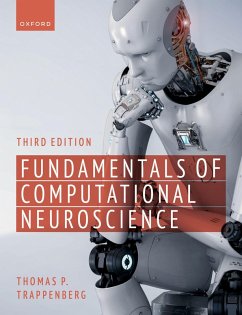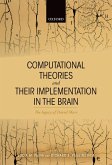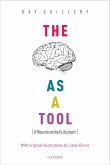Computational neuroscience is the theoretical study of the brain to uncover the principles and mechanisms that guide the development, organization, information processing, and mental functions of the nervous system. Although not a new area, it is only recently that enough knowledge has been gathered to establish computational neuroscience as a scientific discipline in its own right. Given the complexity of the field, and its increasing importance in progressing our understanding of how the brain works, there has long been a need for an introductory text on what is often assumed to be an impenetrable topic. The new edition of Fundamentals of Computational Neuroscience build on the success and strengths of the previous editions. It introduces the theoretical foundations of neuroscience with a focus on the nature of information processing in the brain. The book covers the introduction and motivation of simplified models of neurons that are suitable for exploring information processing in large brain-like networks. Additionally, it introduces several fundamental network architectures and discusses their relevance for information processing in the brain, giving some examples of models of higher-order cognitive functions to demonstrate the advanced insight that can be gained with such studies. Each chapter starts by introducing its topic with experimental facts and conceptual questions related to the study of brain function. An additional feature is the inclusion of simple Matlab programs that can be used to explore many of the mechanisms explained in the book. An accompanying webpage includes programs for download. The book will be the essential text for anyone in the brain sciences who wants to get to grips with this topic.
Dieser Download kann aus rechtlichen Gründen nur mit Rechnungsadresse in A, B, BG, CY, CZ, D, DK, EW, E, FIN, F, GR, HR, H, IRL, I, LT, L, LR, M, NL, PL, P, R, S, SLO, SK ausgeliefert werden.









